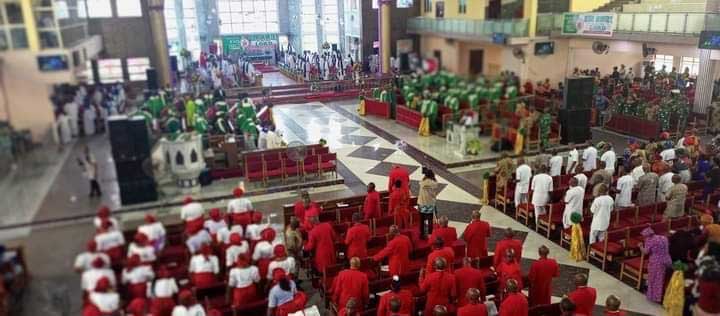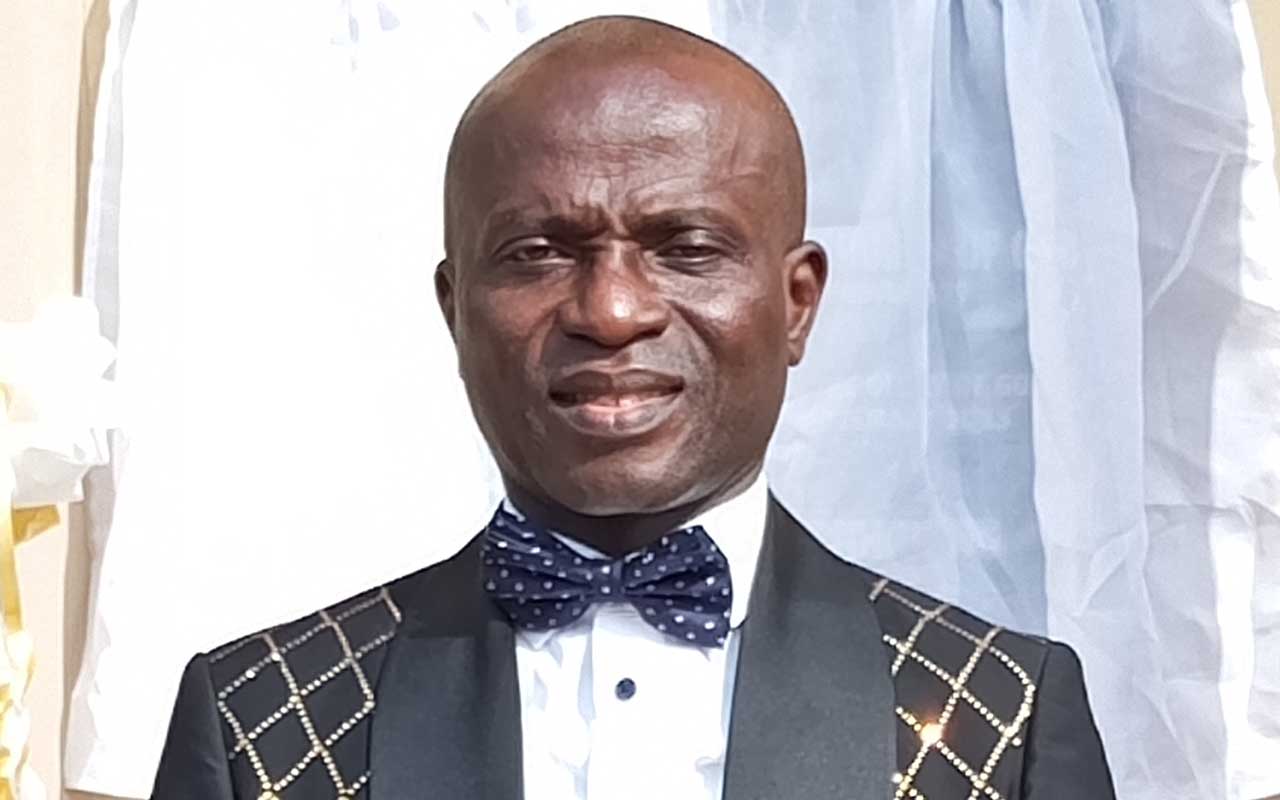
The people of Evo are of the Ikwerre ethnic nationality, which has the largest population and landmass in Rivers State. What we have as the Diocese of Evo today was created out of the Diocese of Niger Delta North in 2009. The Diocese covered the entire geographical areas of Oro-Evo, Oro-Esara and Oropotoma —the three clans that make up the ancient Evo kingdom. Unfortunately, not all the communities and their churches were released to constitute the new Diocese as some of them were and are still held back in our mother Diocese. We earnestly pray that they be returned to us anytime soon.
The communities of Evo were before now comfortably located at the outskirts of the city of Port Harcourt. With the rapid growth of Port Harcourt and the creation of Obio/Akpor out of the Port Harcourt City Local Government Cuncil, massive developmental activities by both government, corporate bodies and individuals have transformed the Evo area into a cosmopolitan city hosting different multi-national corporations and organisations.
The people of Evo are homogeneous and highly resourceful, very accommodating and hospitable. They speak Ikwerre language and share a common culture. We were primarily peasant farmers and fishermen; but now many of us are engaged in trades/businesses, industrial and civil service jobs.
The history of the Anglican Church and indeed Christian worship in Evo began in one of her communities, Oginigba in 1904. This mustard seed was planted in that community by one Nnorom Chinwo Ariolu, an itinerant trader, who travelled to the coastal town of Bonny to sell yam tubers that year.
While there, he discovered and joined a group of people who gathered together every Sunday for the worship of the One living and true God. On his return home, he shared the good news of the gospel of our Lord Jesus with a group of 13 persons whom he named ‘Ogboikneoma’, meaning the “Good News Group.” This group formed the nucleus of the church in those days.
They met every Sunday in Mr. Ariolu’s compound in a thatch house provided by him. Within a short time, a host of other interested persons from within and outside Oginigba joined the worship group. This worship group remained and flourished in Oginigba (with the support of missionary brethren and teachers from Okujagu, a community in Okrika which had much earlier received the gospel message from Bonny as well) until those from other communities of Evo started taking the gospel to their people and establishing their own congregations. This movement lasted until 1920.
In 1925, 21 years after the arrival of the gospel on Evo soil, what seemed to be an amalgamation of the churches in Evo took place and the churches became known as Evo group of churches with headquarters at Rumuokwurusi- now the Cathedral town of Evo.
In 1952 – the birth year of the Niger Delta Diocese, the Evo group of churches assumed a new status and became known as Evo District. These churches existed under this arrangement until the early 1980s when some of them became autonomous parishes.
In 1991, 87 years after the arrival of the “seed of the gospel” Evo District was upgraded to an Archdeaconry.
The desire and vision of Evo people for the district to become a Diocese dates back to 1997, barely a year after the creation of the mother Diocese of Niger Delta North.
This vision was carefully nurtured amid avalanche of challenges until March 12, 2009 when the Church of Nigeria Standing Committee meeting held at Oduduwa Hall of the Obafemi Awolowo University (OAU), Ile-Ife, formally approved the creation of the Diocese of Evo.
We were elected Bishop on Friday, May 22, 2009 at the Episcopal Synod of the Church of Nigeria held at the Crowther Chapel in the Diocese of Lokoja; consecrated on Sunday, July 12, 2009 at St. Peter’s Anglican Church, Yenagoa, Bayelsa State and the Diocese formally inaugurated on Monday, July 13, 2009 by the then Primate of All Nigeria, His Grace, The Most Rev. Peter Jasper Akinola as the 13th and presently the last Diocese of the Province of Niger Delta and the 153rd of the Church of Nigeria with the Cathedral at All Saints Anglican Church, Rumuokwurusi.
The Diocese of Evo, which started with 28 churches and 33 clergymen, now has 72 churches, 68 clergymen, 25 church teachers and evangelists.
• Culled from the welcome address by the Bishop of Evo, The Rt. Rev. Innocent Ordu to the Church of Nigeria Standing Committee at St. Andrew’s Anglican Church, Rumuobiokani, Port Harcourt on Wednesday, February 23, 2022 by The Ven. Dr. Princewill Ireoba.






